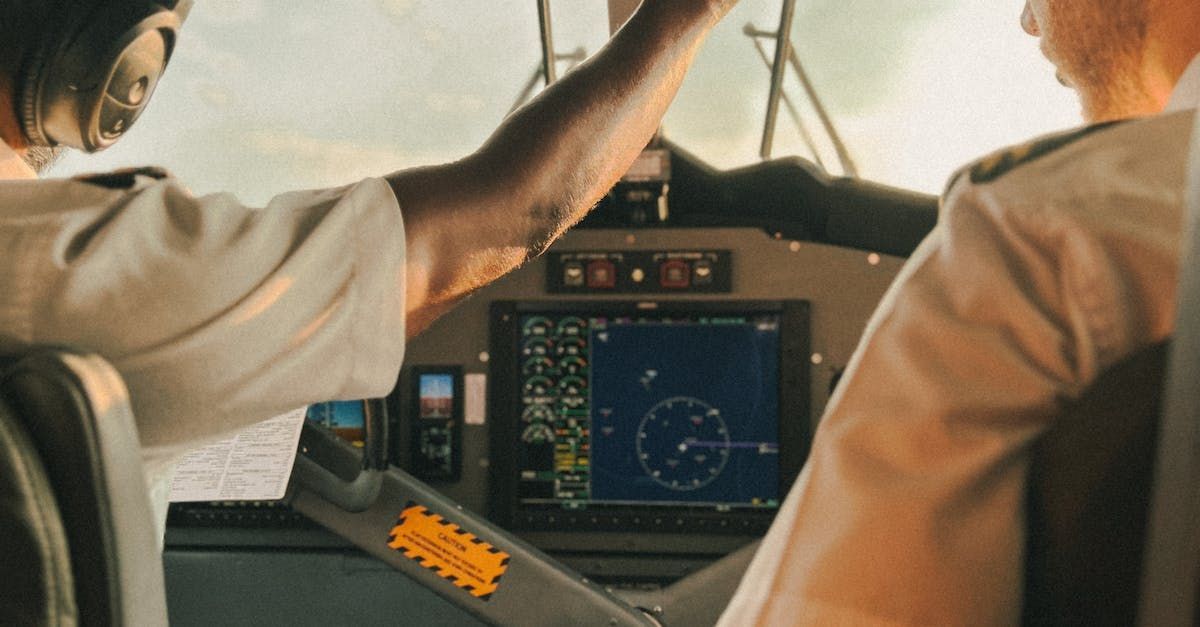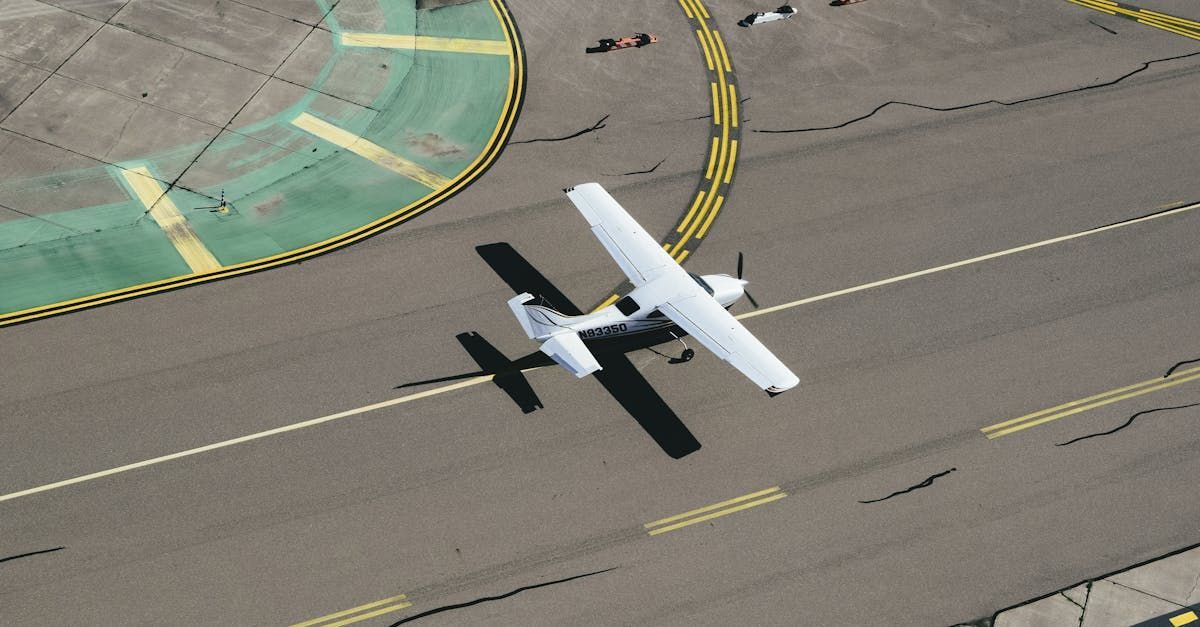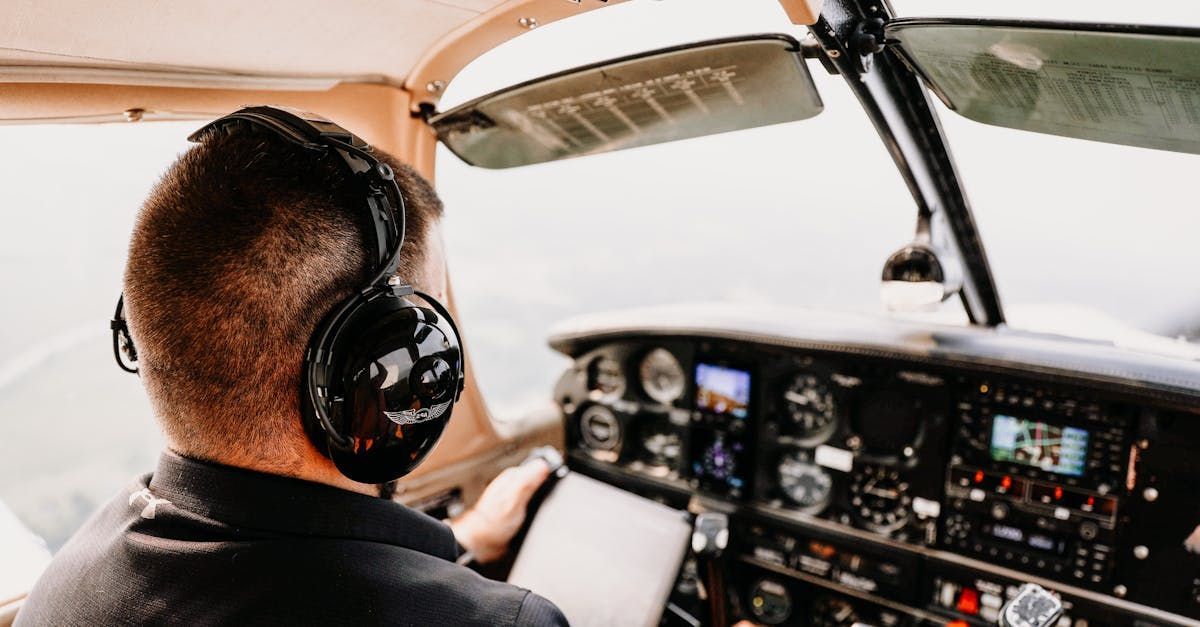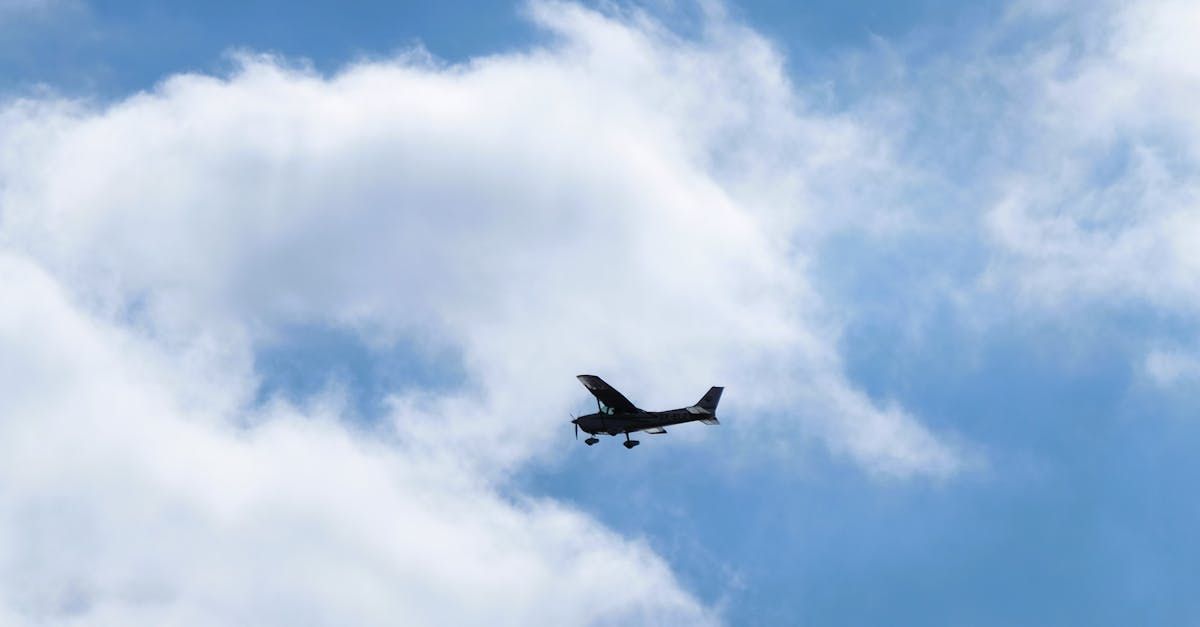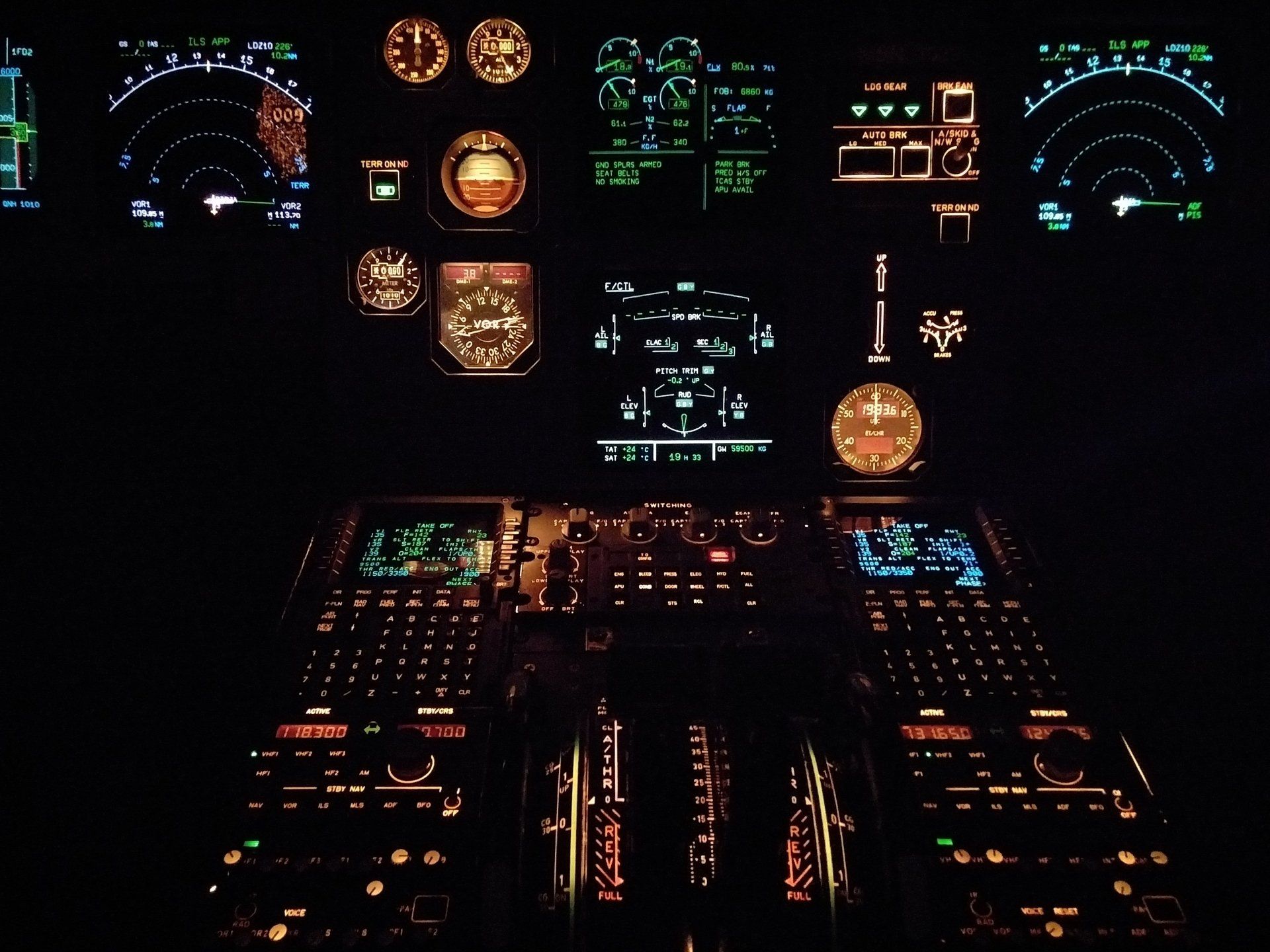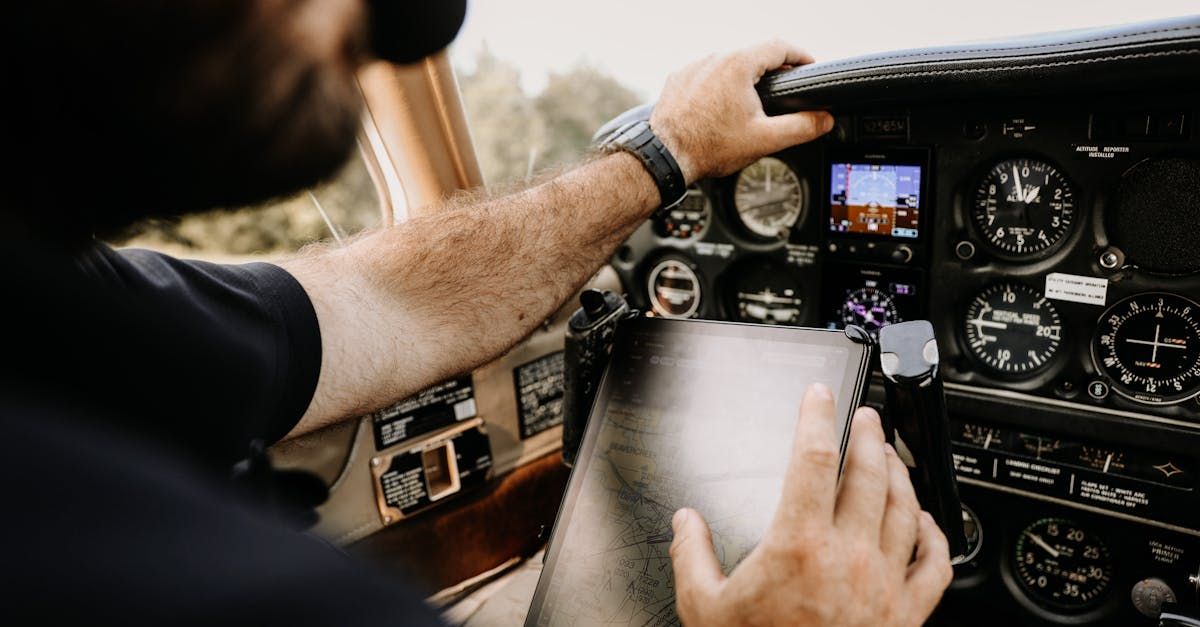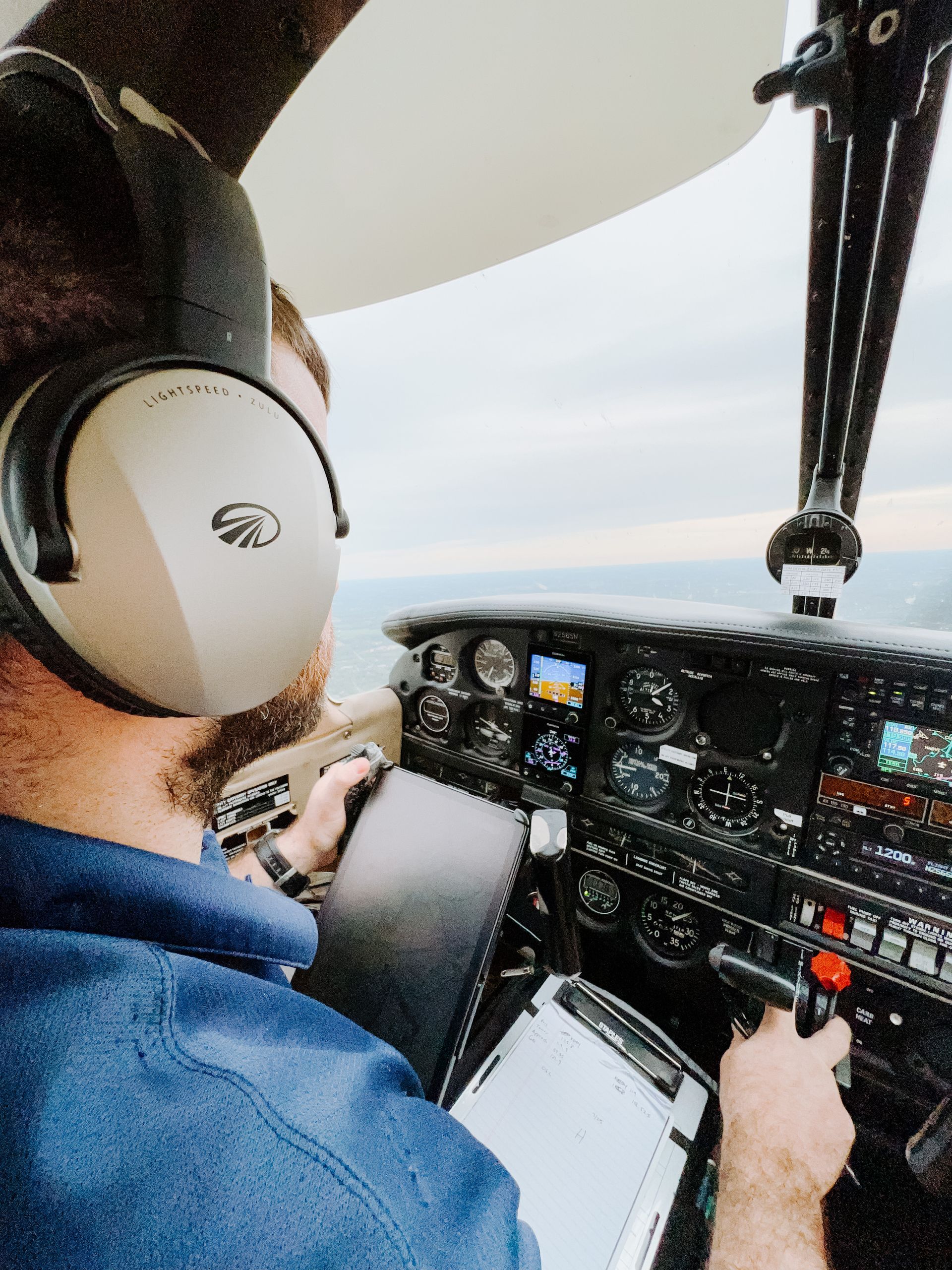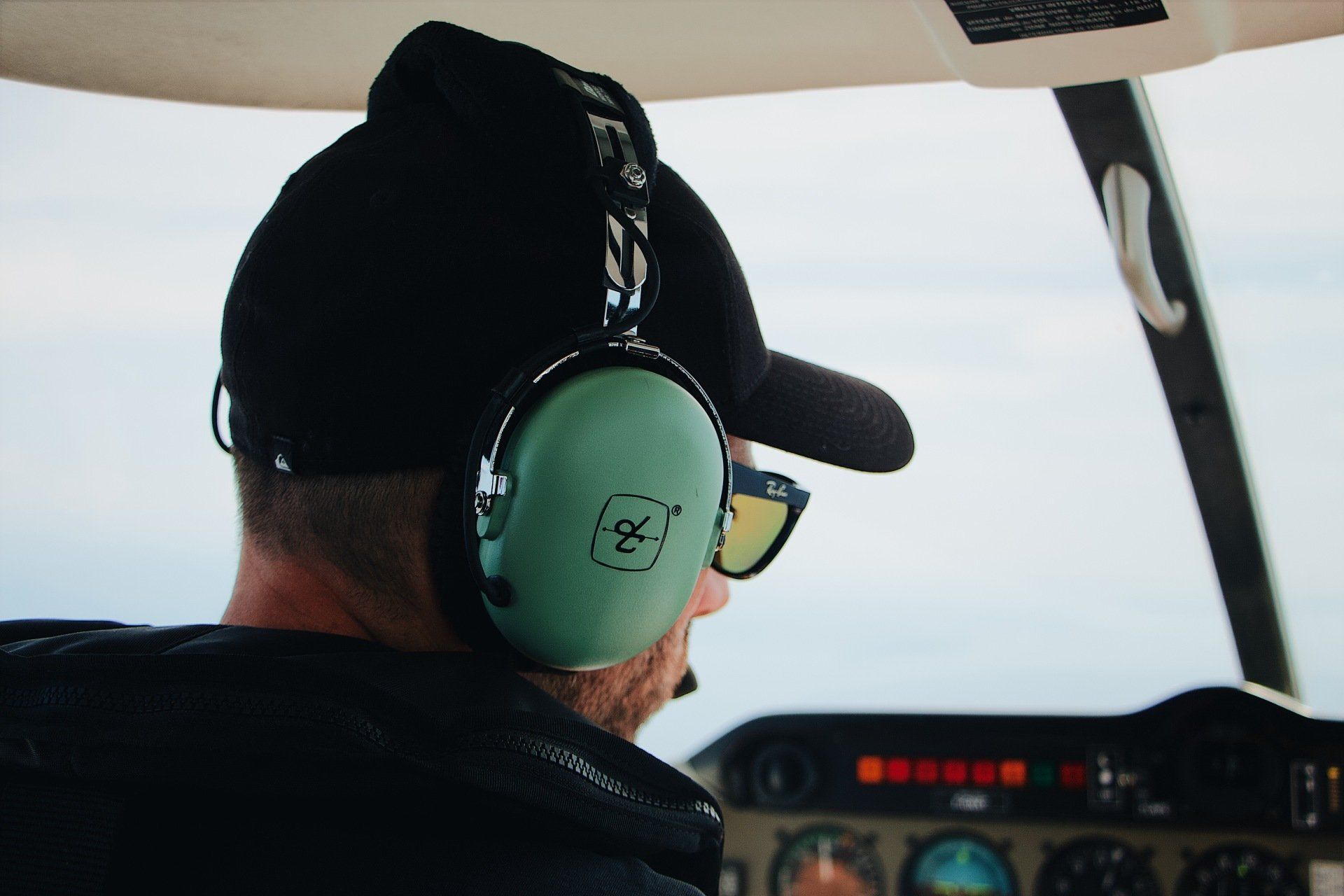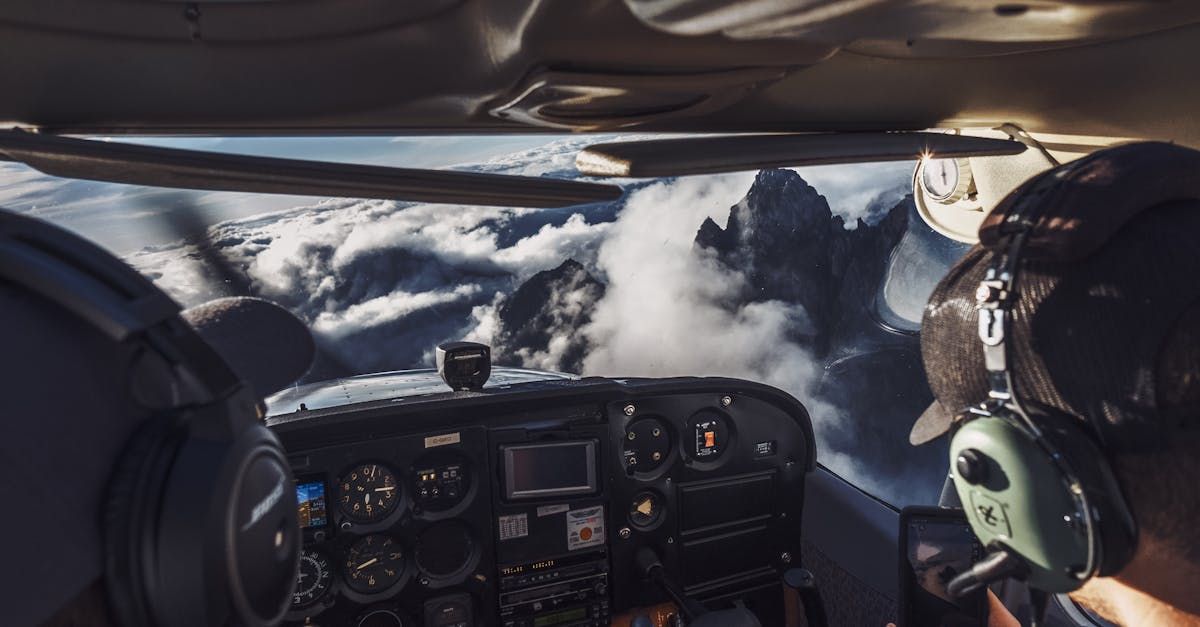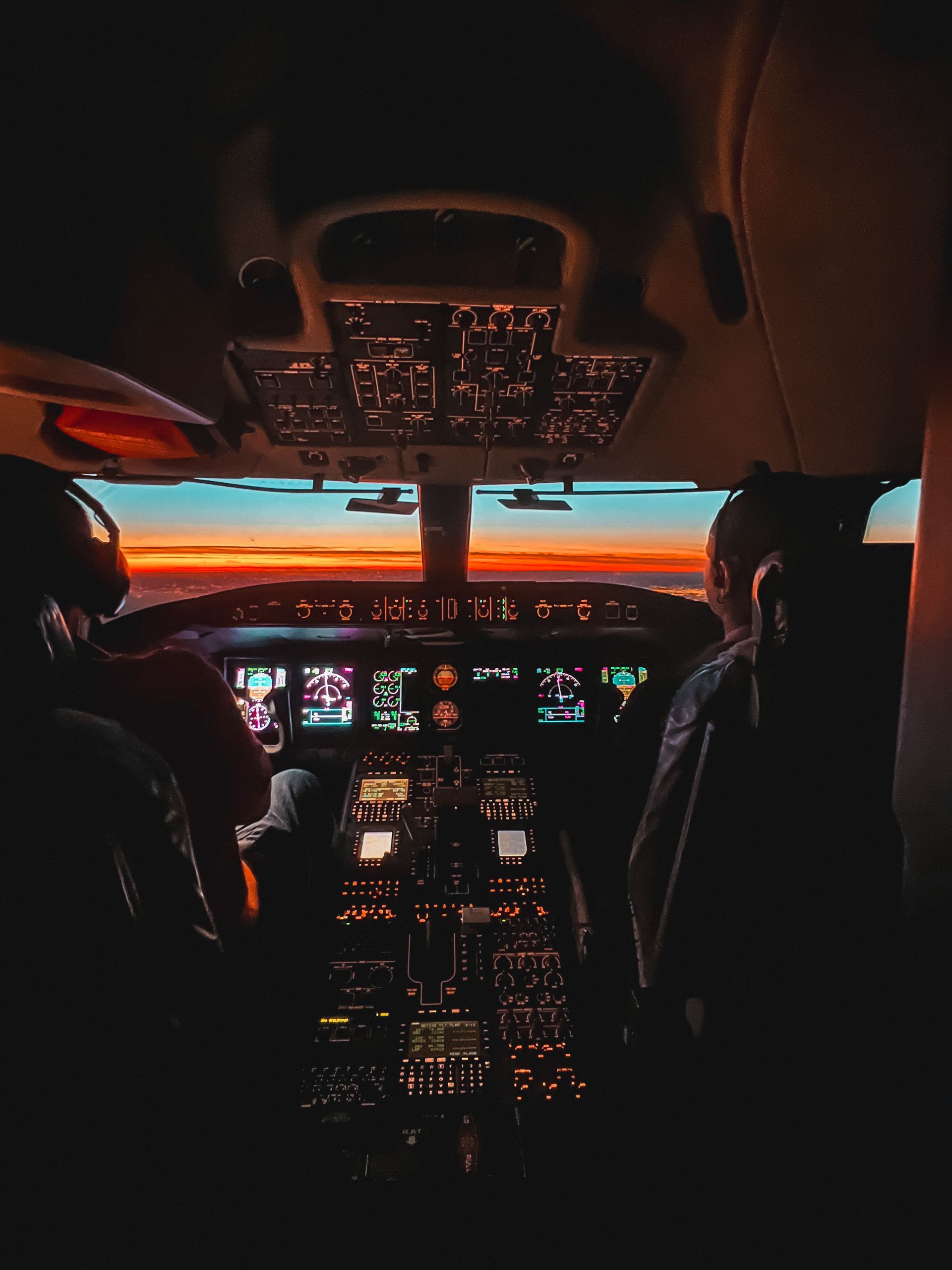How Becoming a Private Pilot Elevated My Career Opportunities
The process of becoming a private pilot extended far beyond the cockpit.
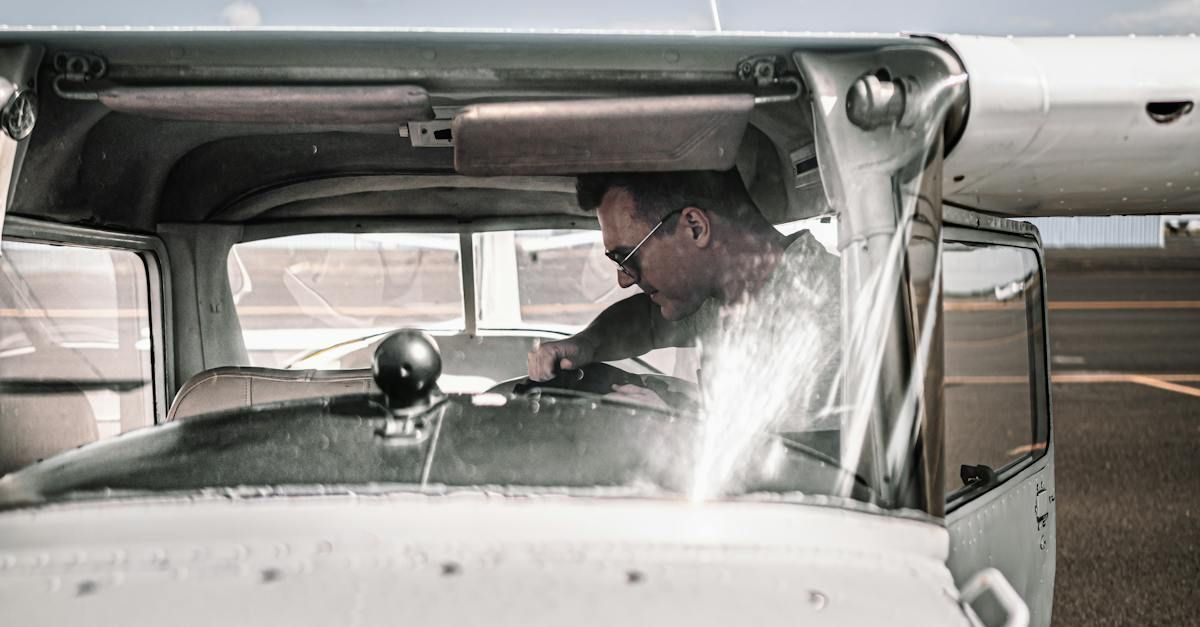
As a personal and professional journey, obtaining my private pilot's license was not something I undertook with a clear career advancement strategy in mind. Rather, it was a pursuit of passion for the skies, a challenge I set for myself, and a dream I'd nurtured since childhood. However, as I advanced in this endeavour, I began to realise that the skills and experiences I was gaining had a significant impact on my career outside of aviation, in ways I had never anticipated.
Admittedly, the process of becoming a private pilot is rigorous. It demands dedication, meticulous study, and a considerable time commitment to both ground school and flight training. Through this process, I developed a heightened sense of discipline and time management - traits that have been instrumental in structuring my workdays, projects, and career aspirations more effectively.
Decision-making under pressure is a core component of a pilot's skill set. During my training, I learned to make rapid, yet calculated decisions when facing unexpected weather conditions or technical issues. This ability translated seamlessly to my career in the corporate world, where timely, strategic decision-making can pivot a company's trajectory towards success.
Communication is paramount in the cockpit. Clear, concise exchange of information with air traffic control and other pilots is critical for safety and efficient operations. This emphasis on communication honed my abilities in active listening, articulating thoughts coherently, and working collaboratively - enhancing my performance during team projects and client interactions.
Risk management, a quintessential aspect of flying, became a keystone in my professional life as well. Pilots are trained to identify, assess, and mitigate risks, whether they involve flight path changes or emergency procedures. I internalised this approach and found it to be incredibly beneficial in navigating the complex risk landscapes within various business sectors. The heightened risk-awareness I cultivated in the air allowed me to foresee potential issues and plan strategically to avoid or minimise them in the workplace.
My pilot's license has also served as a unique conversation starter, especially during networking events and interviews. It's a distinctive aspect of my resume that often intrigues potential employers and opens up discussions about the qualities that set me apart from the competition. It demonstrates a commitment to lifelong learning, a willingness to step out of my comfort zone, and the pursuit of excellence - all traits highly coveted across diverse industries.
Perhaps most surprisingly, becoming a private pilot instilled in me a profound sense of confidence that transcended into other aspects of my life, including my career. Earning those wings meant that I had pushed my limits, mastered a complex skill, and had literally taken control in the pilot's seat. This newfound confidence allowed me to tackle professional challenges with a sense of assurance and poise.
The process of becoming a private pilot extended far beyond the cockpit; it fostered personal growth and skill development that elevated my value as a professional outside of aviation. It proved to be an unexpected career catalyst, opening doors and presenting opportunities I could have never envisioned when I first set out to conquer the skies. The view from above may have been breathtaking, but the perspective I gained has made all the difference on the ground.
